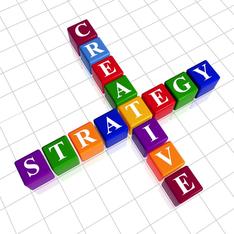
- Same same but no different is not a strategy
- When entering a foreign market, it is very difficult to compete head to head against local rivals in the mass market space who already have production economies of scale
- Important to consider the industry economics and whether you can realistically be competitive quickly, especially if scale is key determinant of success
- If cannot be competitive quickly in scale and costs, then explore M&A3 (mergers & acquisitions, alliances, and alternatives) to quickly buy, build or borrow such scale advantages
Background
Swedish appliance maker Electrolux spent 15 years trying to be a major mass-market supplier of washers, refrigerators and other home appliances in China before conceding defeat and is now preparing to reintroduce itself in China as a premium brand.
What Electrolux Did Poorly
The initial plan was to build factories to make cheap simple appliances better than Chinese competitors. Not surprisingly, the result was merchandise which failed to differentiate itself with Chinese consumers - i.e. Chinese consumers did not consider the Electrolux appliances special.
The real failure of this strategy was Electrolux's production costs were far higher than those of Chinese rivals because it lacked scale starting from zero. Its Chinese rivals already were producing millions.
Changing a Bad Strategy is Expensive in Terms of Both Lost Time and Money
To reduce costs, Electrolux closed 3 of 4 factories in China. Its remaining plant, in Hangzhou, concentrates on cooking appliances. It will rely on imports of other appliances from an Electolux factory in Thailand and on outside contractors in China.
Electrolux still must persuade Chinese shoppers that its appliances merit a premium price, which will require massive investments in marketing and distribution. This will be even more challenging now that many Chinese consumers consider home-grown brands of suitable and sometimes even better quality than foreign products in mass market space.
What Electrolux is Doing Differently
Electrolux plans to launch variety of appliances aimed at people seeking more style and features instead of trying to compete on cost in basic appliances. Easier said than done as so is everyone else.
What Electrolux Learned from Brazil
In Brazil, unlike in China, Electrolux bought a large Brazilian manufacturer, Refrigeração Paraná, in 1996 and spent several years investing to build sufficient scale.
Important to success, managers at Electrolux Brazil were systematic in efforts to understand consumer preferences and design and develop innovative products and features to tap into these preferences. The company interviews about 5,000 Brazilians each year and developed the "70% rule." When a new model is being considered, Electrolux creates a prototype and shows to consumers alongside the most popular rival offering. At least 70% of consumers must prefer the proposed Electrolux model before the company proceeds with a launch.
Conclusion
Should happen without saying, but local adaptation of a global product is not sufficient - must design from the start with local needs and desires in mind, and standardize the components, especially internal components not visible to consumer's eye. All consumer business' are local.
Source:
"Wash, Rinse, Rebrand: Electrolux Spiffs Up Appliances in China", Wall Street Journal, September 19, 2013
http://online.wsj.com/article/SB10001424127887324807704579083494127969298.html?mod=ITP_businessandfinance_2
CKB Solutions is all about real solutions for the real world. To learn how we can help your business, contact Greg Kovacic in Hong Kong.


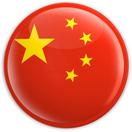
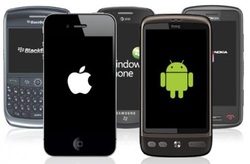
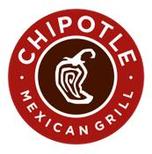
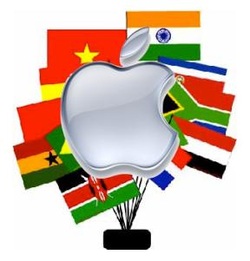
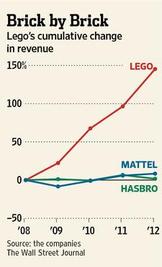
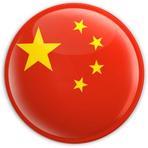
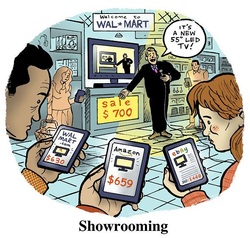

 RSS Feed
RSS Feed
